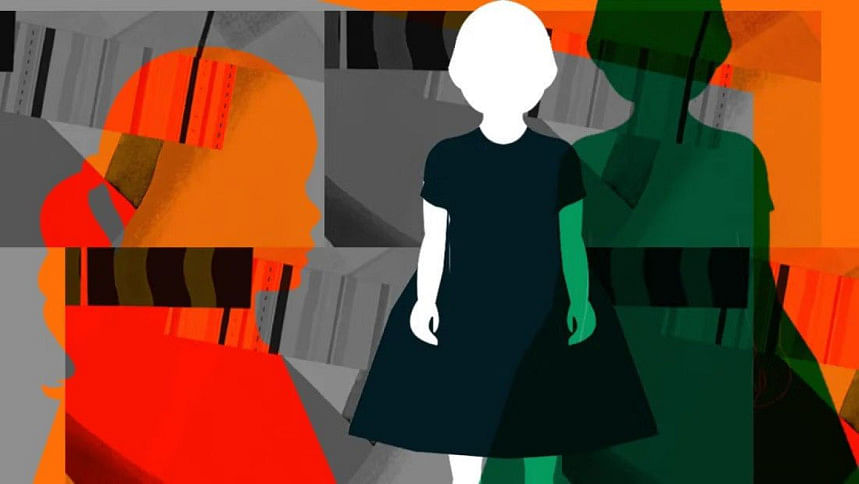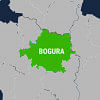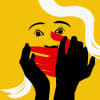Are we really going to let our children be raped?

Just today, The Daily Star published a report, based on data from Ain O Salish Kendra, with the headline "Nearly 9 out of 10 victims of rape [from Jan-April, 2025] are children".
Yes. Read that again.
Children.
In fact, the report starts with the case of a three-year-old. Three years old—just a baby.
What kind of country allows this? What kind of society watches this happen and moves on with the day? How can an actual human being read such headlines and remain silent, or even sane?
There is no justification, no excuse, no veil under which this horror can be hidden. If our laws fail to protect even toddlers from rape, if our communities fail to shelter them, then we have already failed as a nation.
Miserably and unforgivably.
According to the ASK data, of the 342 rape cases recorded during the first four months, age information was available for 201 victims. Of them, 176 were minors. Forty of those children were aged between zero and six. Sixty-five were between seven and 12. The rest, barely teenagers.
And mind you, these are just the reported cases. In a country drowning in stigma, where silence is rewarded and speaking up brings shame, threats, or worse -- how many more children are we not even counting?
What kind of predators walk among us that a toddler is not safe going downstairs to buy candy? What kind of culture have we cultivated that emboldens these monsters -- and simultaneously teaches families to hush it up, take the money, or drop the case to "protect their honour"? Whose honour are we protecting exactly when the soul of a child has been crushed? How dare we think of "honour" over our children?
Rights groups have been screaming for years. They have warned us again and again of this growing scourge. And yet, nothing changes except the numbers, which continue to rise. The public outrage flares up briefly after a particularly gruesome case -- and then simmers into indifference.
The government's response, when it does come, is almost always reactionary.
Following the rape and murder of an eight-year-old in Magura, the Nari o Shishu Nirjatan Daman Ain (Women and Children Repression Prevention Act) was amended to shorten investigation and trial periods and introduce special tribunals for child rape cases.
But speed alone does not equal justice -- especially when the system remains broken, biased, and traumatising for victims.
Let me ask, did the sudden changes to the act make a difference? No. Child rape continues.
In fact, many of these "fast-tracked" cases are handled with the same lack of empathy, sensitivity, or follow-through that has long plagued our justice system.
Supreme Court lawyer Barrister Jyotirmoy Barua has rightly pointed out that harsher laws, like the introduction of the death penalty for rape, have not curbed the violence and have instead increased the likelihood of victims being murdered, to erase witnesses and avoid identification. Justice should not be wielded like a weapon to pacify rage and instead must be systemic, sensitive, and rooted in prevention and accountability -- not vengeance.
Rights activists like Khushi Kabir have called this what it is: a societal collapse. When men no longer see girls as children, when they see them as objects, as prey -- what law can fix that rot? And how dare we claim moral or religious high ground in global forums when our streets are unsafe for babies?
The March report by Bangladesh Mahila Parishad adds even more shame -- 163 rape incidents in that single month, 125 of which involved children. In April, 83 out of 111 reported victims were also children. Dhaka, Gazipur, and Narayanganj topped the list.
This isn't a rural or urban issue; it's a national nightmare.
And what of the survivors? The ones who live? If they are lucky enough to be believed, they are still forced to relive their trauma again and again, in front of police officers who ask the wrong questions, doctors who lack training, and courts that treat them like unreliable narrators instead of victims.
Many of these children grow up carrying this wound -- unhealed, festering. Some turn inward, into depression. Some lash out. Some simply vanish into silence.
A press conference held by ASK, Breaking the Silence, Save the Children and others in March offered a way forward: a dedicated Child Affairs Directorate, stronger police accountability, operational child help desks in all police stations, community engagement, school-based protection training, mental health support, streamlined emergency helplines. These are basic protections. Not luxuries. Not favours.
These are rights to protect our children. Does anyone realise that?
Does the state realise it? Will it act? Or will it wait for the next headline to make some more reactionary, ineffective actions?
How many broken bodies, how many babies torn apart, how many headlines soaked in blood will it take before this nation wakes up?
We are not "developing", as they say. We are decaying. And it is our children paying the price.
If those in power will not act, then their hands are also stained. Every official who delays justice, every officer who dismisses a complaint, every policymaker who stays silent is part of this horror. They too are to blame, just as much as these child rapists.
If we cannot protect our children, we are not a nation worth building.
If we cannot protect our children, we must now admit that we are not civilised and a disgrace as a people.How many broken bodies, how many babies torn apart, how many headlines soaked in blood will it take before this nation wakes up?

 For all latest news, follow The Daily Star's Google News channel.
For all latest news, follow The Daily Star's Google News channel. 








Comments